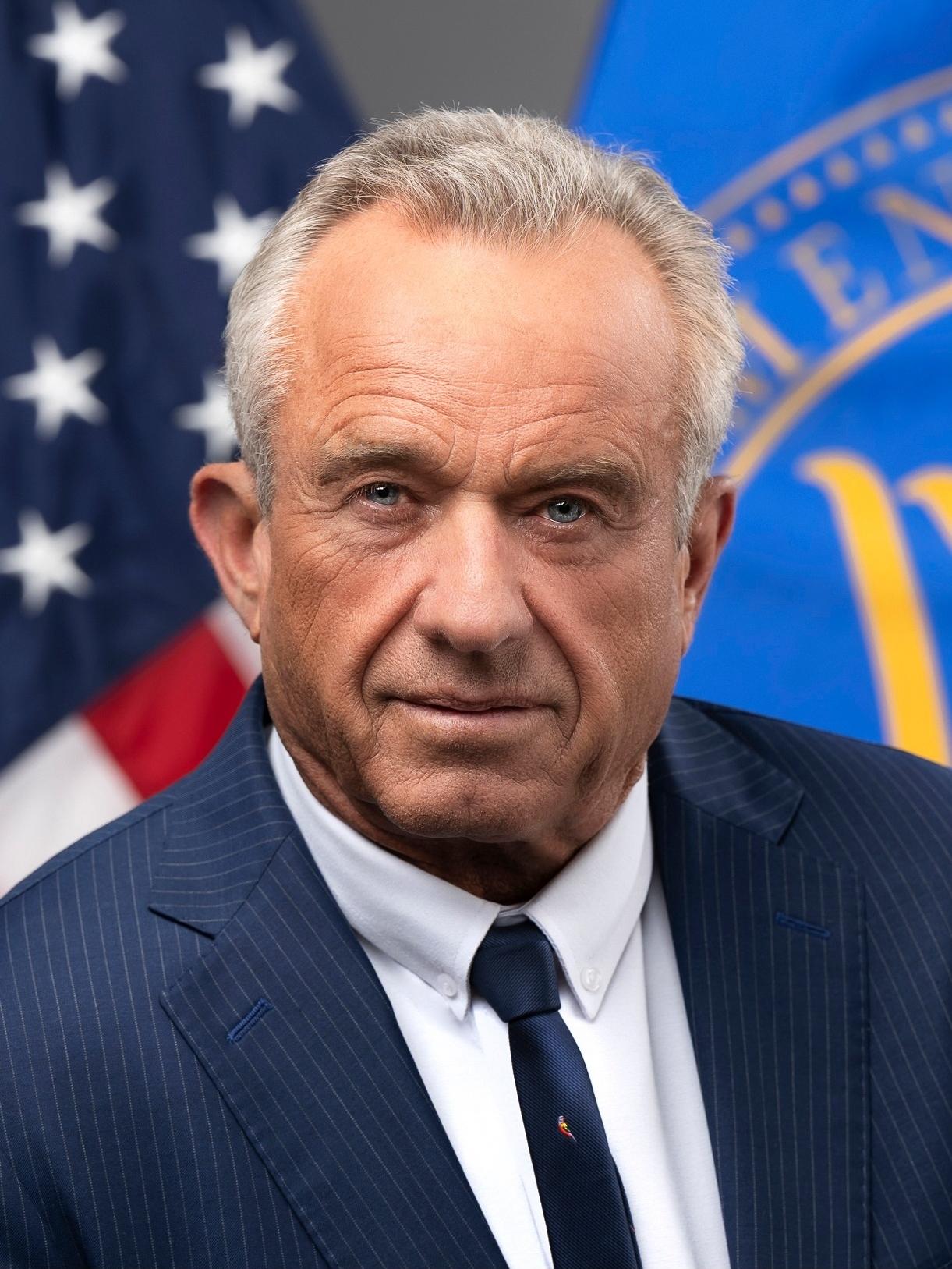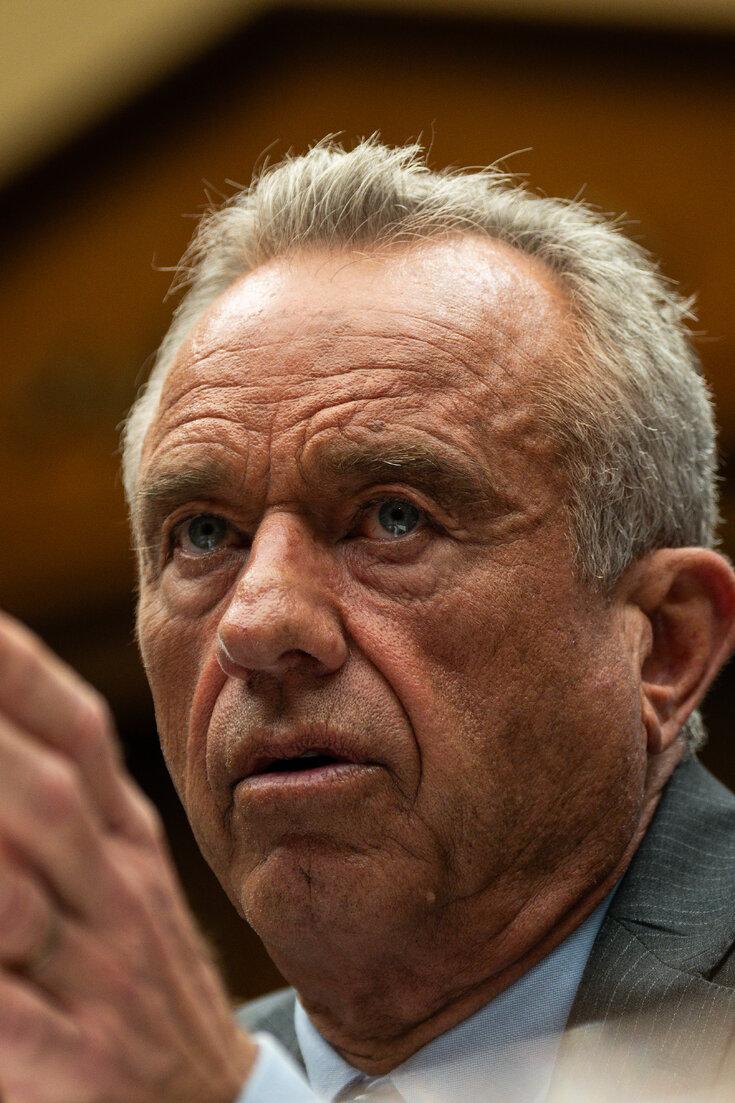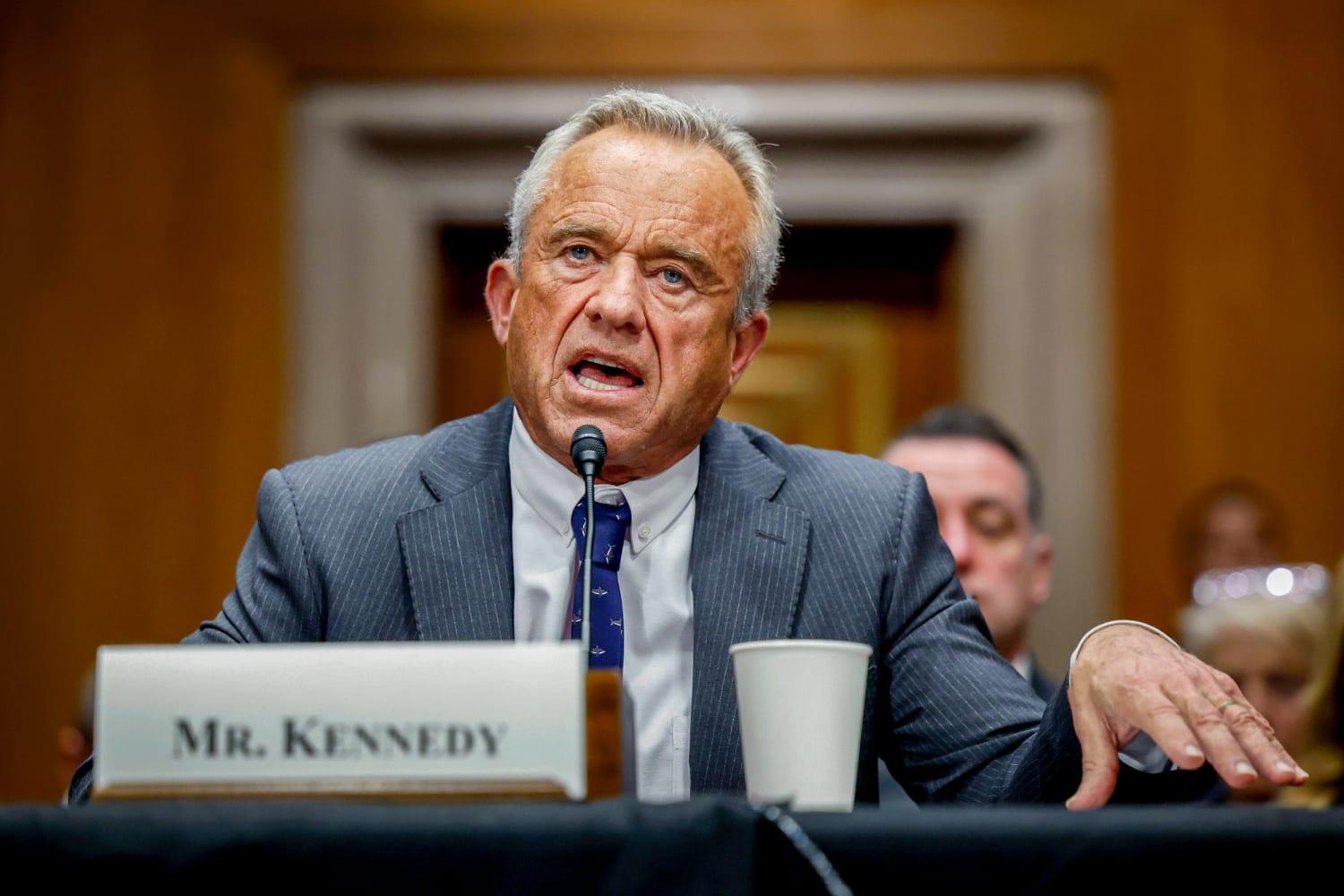The Political Landscape: Analyzing RFK JrS Stance on mRNA Vaccine Funding
As debates surrounding public health continue to intensify, Robert F. Kennedy Jr.’s recent push to withdraw funding for mRNA vaccines has sparked significant controversy. His stance, deeply rooted in skepticism towards pharmaceutical companies and government oversight, has captivated a segment of the population wary of vaccine efficacy and safety. Yet, some observers question the practicality and potential ramifications of such an initiative, especially in light of increasing health crises that demand robust vaccination strategies. The implications of this move raise critical questions about public trust, health policy, and political maneuvering in a climate of unprecedented vaccination disparities.
Critics argue that RFK Jr.’s proposal could undermine years of scientific progress and public health efforts, given the pivotal role that mRNA vaccines have played in combating infectious diseases, notably COVID-19. The potential fallout from defunding these innovative solutions could extend far beyond immediate health impacts, affecting:
- Public Health Infrastructure: Heightened vulnerability to outbreaks.
- Trust in Health Institutions: Deepening skepticism towards governmental health initiatives.
- economic Repercussions: Strain on healthcare systems already grappling with financial limitations.
This political maneuver ultimately risks diminishing vaccination rates and eroding confidence in the scientific community, perhaps leading to a public health crisis that reverberates through generations.

Public health Implications: What a Funding shift could Mean for Vaccine Development
The potential withdrawal of funding for mRNA vaccine development could have profound consequences for public health, especially in the face of rising vaccine hesitancy. If mRNA research is stifled, the implications may extend beyond the immediate impact on COVID-19 vaccines. Experts warn of a domino effect that could undermine the progress made in fighting other infectious diseases, as mRNA technology has proven versatile in addressing various pathogens. Concerns over the following issues have been raised:
- Diminished Innovation: A lack of funding could slow down or halt advancements in mRNA technology, which has applications extending beyond COVID-19.
- Increased Disease Burden: Inadequate investment could lead to a resurgence of diseases that vaccines currently help to manage or eliminate.
- global Health Disparities: Reduced funding may widen the gap in vaccine access between high- and low-income countries, exacerbating health inequalities.
moreover, the shift in funding priorities could send a troubling message to the scientific community and the public, potentially stoking further vaccine skepticism. The success of mRNA vaccines has not only influenced COVID-19 response but also holds promise for diseases like influenza and Zika. Experts emphasize the need for sustained funding to support ongoing research and development, emphasizing that public confidence in vaccines is as vital as the technological advancements themselves. Possible repercussions include:
- Public Distrust: Perceptions of political meddling in science could lead to lower vaccination rates.
- Fragmented Research Efforts: Disparities in funding could disrupt collaborative efforts among researchers, hindering potential breakthroughs.
- Regulatory Challenges: Reduced funding might lead to longer approval times for new vaccines, delaying critical responses to emerging health crises.

Industry Reactions: How Pharmaceutical Companies are Responding to the Controversy
The decision by Robert F. kennedy Jr. to advocate for the withdrawal of funding for mRNA vaccine development has sent ripples through the pharmaceutical industry, prompting swift and varied reactions among major players. Many pharmaceutical companies,including Pfizer and Moderna,have expressed their commitment to transparency and continued investment in vaccine research,emphasizing the crucial role of mRNA technology in combating not just COVID-19,but potentially other infectious diseases in the future. Key responses from industry leaders include:
- Defending Scientific Integrity: Companies are reiterating their rigorous clinical trial processes and the extensive peer review that mRNA vaccines have undergone.
- Highlighting Efficacy: recent data supporting the effectiveness of mRNA vaccines in preventing severe illness has been showcased as a counter-narrative to calls for reduced funding.
- Focus on Public health: Many executives have pointed out the global benefits derived from mRNA research,stressing that funding cuts could hinder progress in vaccine innovation.
In contrast, some smaller biotech firms have taken the opportunity to align themselves with Kennedy’s stance, arguing that vaccine-related funding should be reassessed to prioritize emerging technologies that could offer safer alternatives. This divide underscores a growing schism within the industry about the future of vaccination strategies and public trust. Insights from interviews with industry analysts reveal concerns about the long-term impact of this controversy, as well as the possibility of public hesitance towards vaccines, which pharmaceutical companies have worked overtime to mitigate. Key insights include:
- Market response: Stock prices of mRNA vaccine manufacturers have shown volatility since the announcements, indicating investor uncertainty.
- Future Funding Strategies: Some companies are already exploring diversified funding avenues to adapt to potential policy shifts.
- Engagement with Regulators: Firms are seeking to strengthen collaborations with regulatory agencies to ensure that the integrity of vaccine development remains unscathed.

Addressing Misinformation: Strategies to Educate the Public on Vaccine Safety and Efficacy
In recent months, the rise of misinformation surrounding vaccine safety has prompted serious concerns among public health officials. Strategies to combat this wave of skepticism are essential for fostering awareness and understanding of vaccine efficacy. Educational campaigns,therefore,must focus on delivering clear,concise information directly to the community. Utilizing a multi-faceted approach that includes the following can substantially enhance public perception:
- Partnerships with trusted local figures: Collaborating with community leaders and healthcare professionals can bridge gaps in interaction, allowing for personalized conversations about vaccine benefits.
- Utilizing social media platforms: Targeted campaigns on popular platforms can amplify accurate vaccine information while countering misleading narratives that might misinform the public.
- Interactive workshops and Q&A sessions: hosting events that encourage inquiries and provide expert answers can demystify vaccines and clarify misconceptions effectively.
moreover, it’s crucial to leverage data transparency as a means to build trust. Providing stakeholders with access to clinical studies and safety data will not only reinforce confidence in mRNA vaccines but also pave the way for informed discussions. Enhanced media literacy programs can empower individuals to discern between credible information and misleading claims. This proactive stance can create an informed public more resistant to unfounded myths that threaten to erode the advances made in vaccination efforts.
